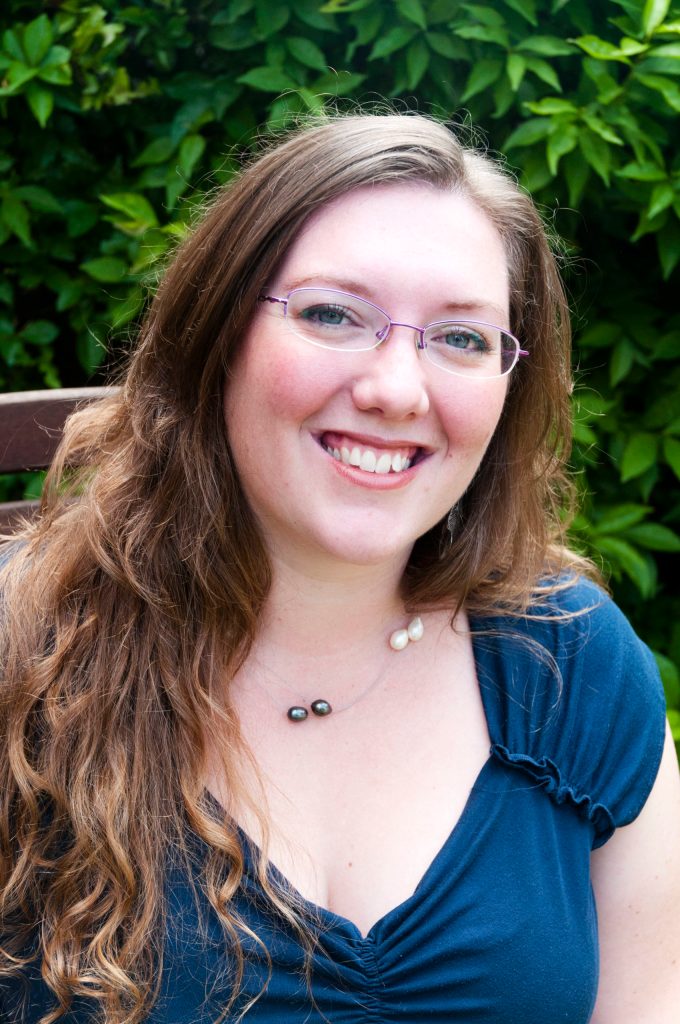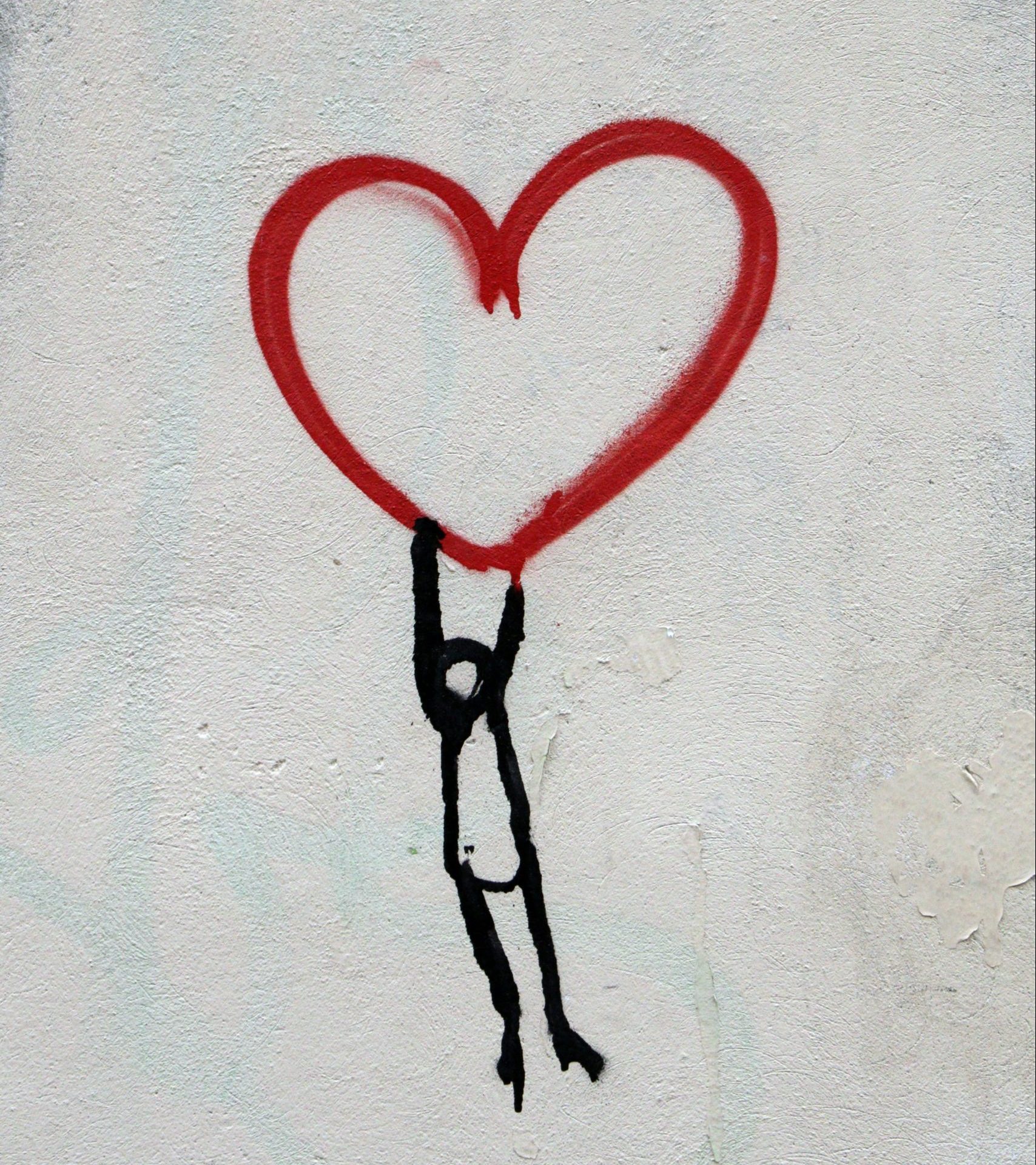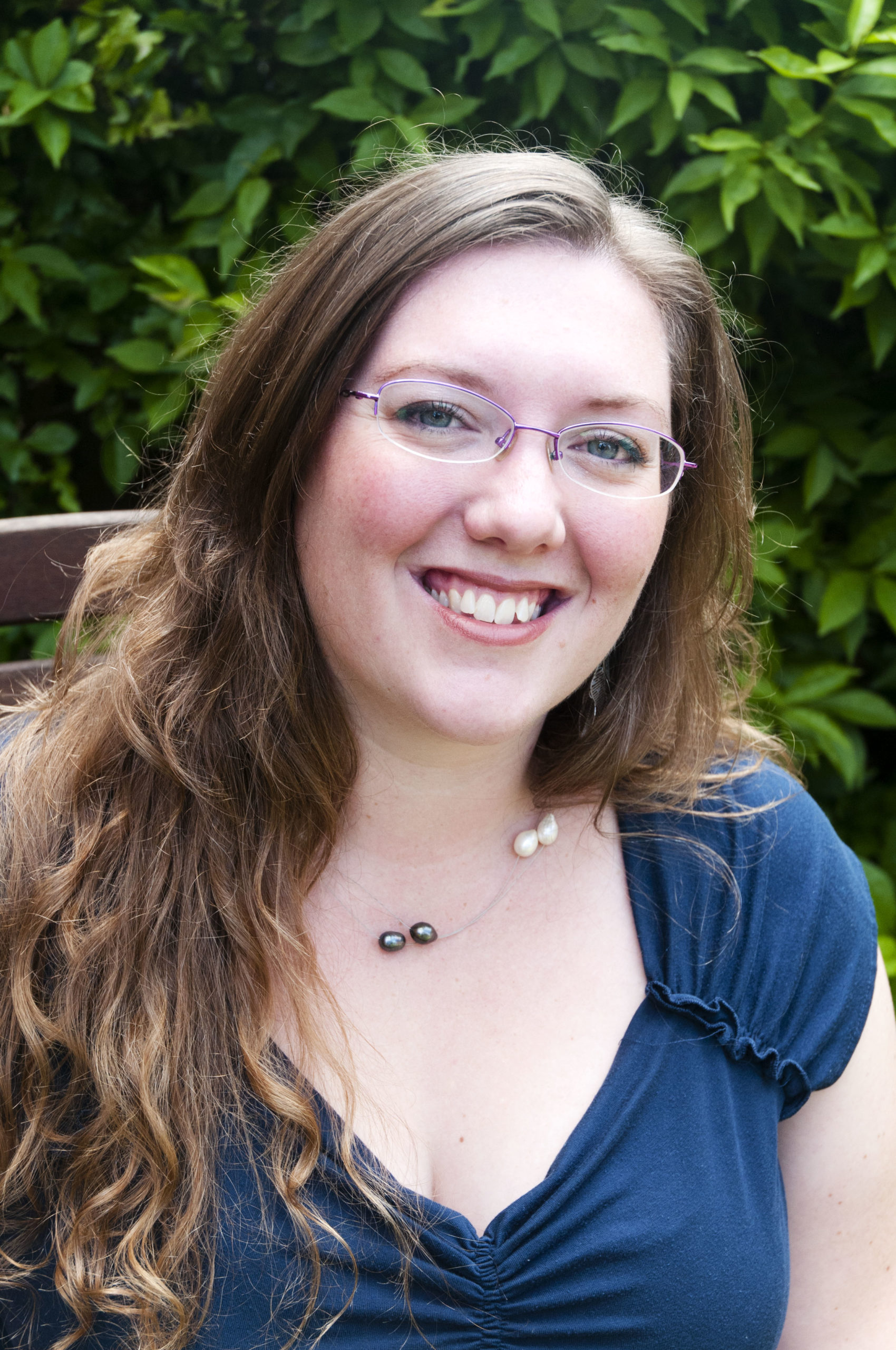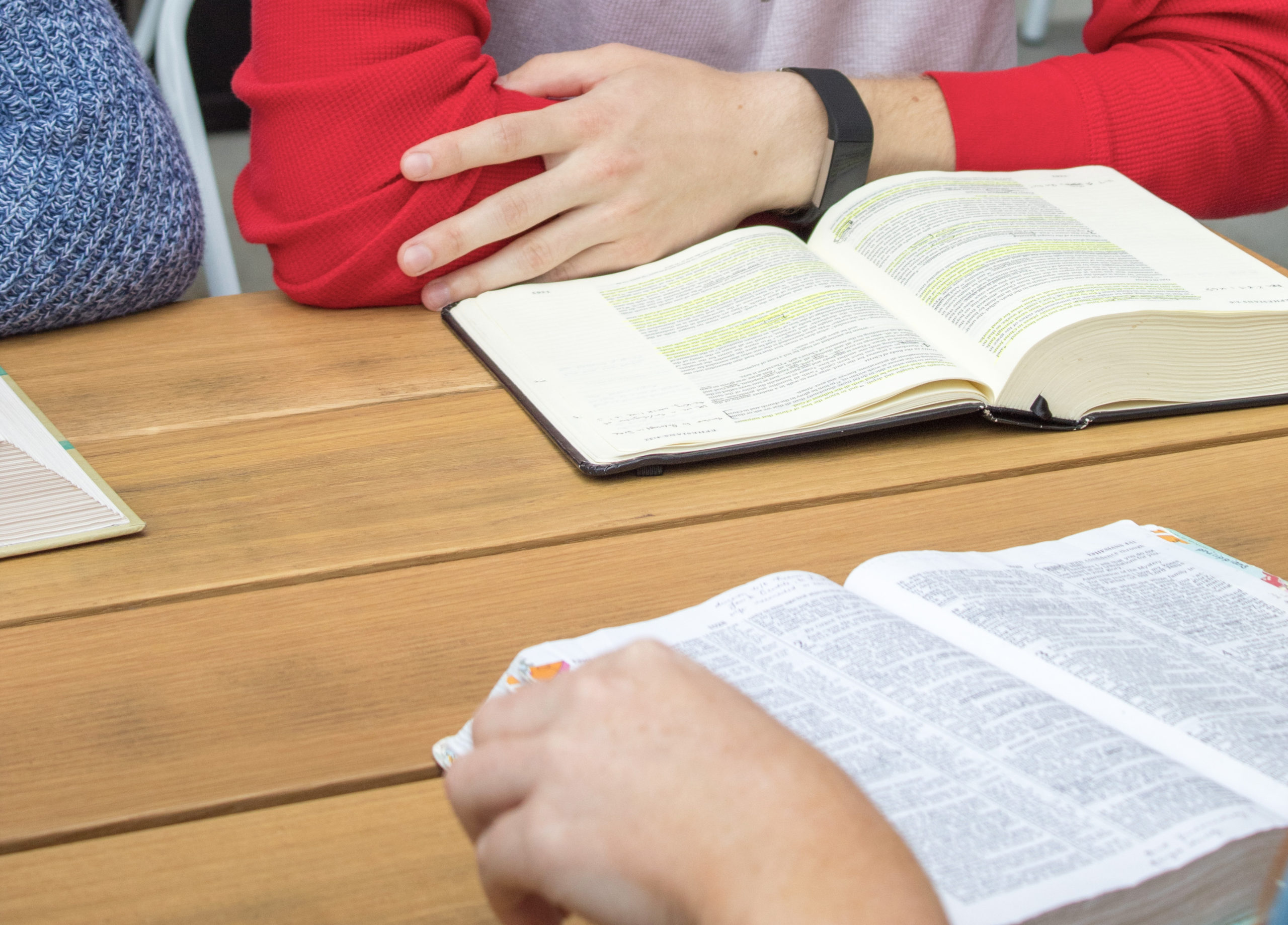Tell us a little bit about yourself and your connection with Bridges.
Tanya: I connected with Bridges through people that I met while living in East Asia. I met Lauren and Summers through a TCK (Third Culture Kid) project that I was working on about a year ago.
We are so glad to have you join with us for Vision this year! Why are you excited to join us for the conference?
Tanya: This is so the kind of thing that excites me– getting people together who have this cross cultural experience in common, and sharing that togetherness, sharing that experience, bringing together the things that make us similar and the things that make us different, and connecting. I love that. I love that you do this, that this conference keeps happening. I’m really excited that I get to be a part of that this year.
What types of things will you be talking about during your sessions?
Tanya: I’m going to be looking at what relationship building looks like, whether that’s friendships or romantic relationships, when you’re dealing with cross cultural environments, when you’re dealing with people from different backgrounds, when you have different assumptions. We’ll be talking about some of the difficulties that we have to overcome, the positives that come from relationship building across cultural context, and some questions that we can keep thinking about over the next semester.
During this year (of 2020), amidst a global pandemic, there has been much uncertainty in the world. Could you share with us, in what ways has this affected your world and how your faith in Jesus has helped you during this time?
Tanya: It has been a huge couple of years with so many transitions, but what I keep seeing over and over and over is that there’s so much uncertainty and we don’t have control. That’s the reality of life whether we acknowledge it and accept it or not. Everyday and everything in our lives is a gift– none of it is owed to us, none of it is guaranteed. I’m learning to relax into that reality. Things have happened, this year, that are positive, that would not have happened if COVID had not happened and disrupted everything. The more I see of those, the more I see those good things happening, the easier it is for me to relax and trust that it’s always going to be ok. It may not look the way I planned, it may not be what I would choose for myself, but genuinely to be still and know that God is in every circumstance, and it’s not my responsibility to fix everything and to make everything happen. It is my responsibility to be still and at peace with whatever today brings, rather than to be busy and to try to fix it all. I can’t separate the two– for me, it was coming back to the heart of what it means to meditate on God’s word, and depend on Jesus, and on the truth of who God is in every circumstance. That is what holds me together.
This year’s Vision Conference is called Vision: Together. In what ways do you feel that it’s important to gather together, even if that’s virtually, to start off 2021?
It is so important to connect. It is so easy to become isolated, to feel isolated. It’s one of those things that builds, like the snowball that rolls down the hill and gets bigger and bigger as it gains momentum. As you start to feel isolated, you withdraw more and so on…That’s easy enough to happen when you have opportunities to gather in person. When there’s more of this forced isolation physically, it’s even more important to take advantage of every opportunity we have to gather virtually.
As a former international student yourself, what advice would you give to today’s international students?
Tanya: I’ve been an international student twice- when I was a teenager, my family lived in the US, during my high school years for grades 9 and 10, and then I did my last year of university, in China, as an international student, at a university there. My biggest piece of advice to international students is finding balance in the connections we have. We absolutely need to connect with people who have similar experiences to us and can understand the tensions that we have, the stresses, the difficulties to overcome in being an international student, in not being understood, even when it’s not a language barrier. It is also important to have connections with those who are local and native who can help you learn the culture that you’re living in so that you can understand it and it will be less foreign to you. You can then learn to enjoy it and embrace it. Often we feel a pressure to do one or the other- to be either fully engaged into the international community or into the local community, and somehow feel guilty for one or the other. Whether you find yourself immersed in one or the other- don’t feel guilty, and also don’t feel afraid to dip into the other. When I have felt the most stable, is when I’ve had both of those feeding my experience.



